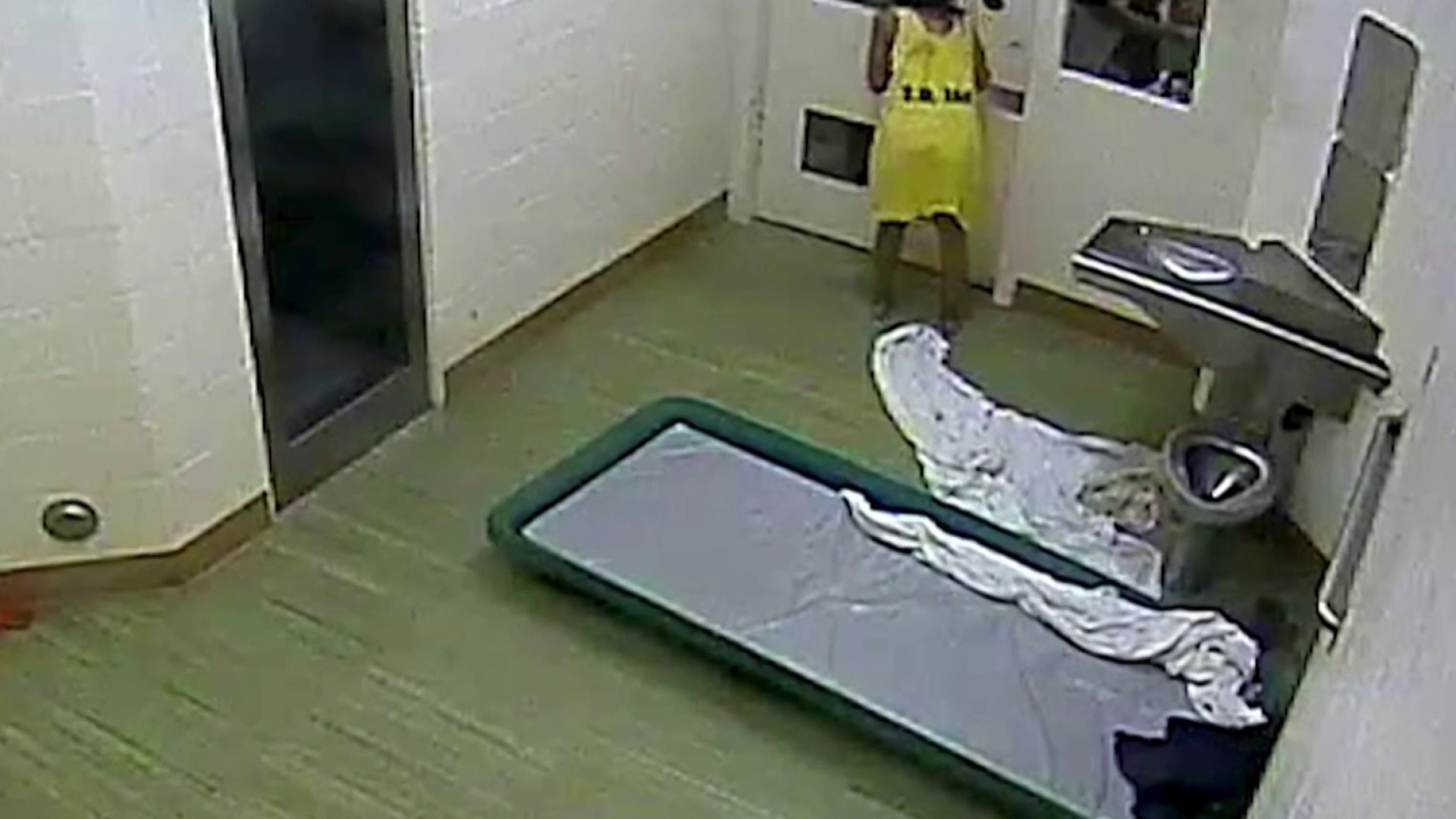San Diego is among the most populated metro areas in the United States where immigration officers can access license plate records obtained by local police departments, Immigration and Customs Enforcement (ICE) records show.
Hundreds of ICE documents obtained by the American Civil Liberties Union (ACLU) show that the agency has access to millions of automated license plate reader (ALPR) records each month through a database run by a company called Vigilant Solutions.
The records are gathered by cameras mounted on police vehicles and light poles that read thousands of license plates every day. By taking multiple photos of the same vehicles in different locations, law enforcement can create a sort of digital road-map of a person's whereabouts.
More than 80 law enforcement agencies nationwide have agreed to share license plate data with the enforcement agency through the Vigilant Solutions database, ICE records show.
In total for 2017, those numbers add up to an average of more than 160 million license plate scans each month.
The ACLU requested the documents through a freedom of information act lawsuit and used the data to raise concerns that immigrants are being targeted for deportation.
"The ACLU’s grave concerns about the civil liberties risks of ALPRs take on greater urgency as this surveillance information fuels ICE’s deportation machine," the group wrote on its website.
Local
NBC 7 and Telemundo 20 reached out to ICE for comment on the database's uses but have not yet received a response.
Among the documents, ICE confirmed it intended to use the database to support its "criminal and immigration law enforcement missions." In a 2018 letter from a Department of Homeland Security officer, employees received details on how the database should be used.
"All ICE queries of this database service will be based on known license plate numbers. ICE users will not take any enforcement action against an individual based solely on the results of the query. Rather, ICE users will corroborate this information by querying other government systems to ensure that they have the most complete, accurate, and up-to-date information to generate leads," the letter read.
The agency has a contract with Vigilant Solution to access the database until 2020, records confirm.
NBC 7 Investigates has looked into Vigilant Solutions before and discovered that in April 2018 local law enforcement agencies used at least 100 ALPRs across San Diego County.
The documents provided did not specify which agencies were part of the information sharing, though the San Diego-Carlsbad-San Marcos metro area was ranked the 12th most populated metro area where data is compiled for the database, according to the records.
NBC 7 Investigates previously confirmed that the San Diego Police Department shares information with more than 500 local, state and federal agencies, including the Federal Office of the Inspector General and the San Diego Sector of the U.S. Border Patrol.
Each law enforcement agency has the option to limit what data is shared and with which agency. In comparison, the San Diego County Sheriff's Department only shares records with SDPD and Carlsbad police.
In a previous statement to NBC 7 Investigates, a spokesperson for the San Diego Police department said it "uses License Plate Readers and shares information with other law enforcement agencies because it helps all of us solve and prevent crime. In an effort to keep people safe, we use technology to be adaptive and stay a step ahead of crime."
The city of Carlsbad in 2017 added more than a dozen new mounted ALPRs though it was not clear if they were sharing data with ICE or other agencies.
The agency credited the cameras with uncovering three stolen vehicles in the first few days of operation.
"This is the result we were hoping for when we installed the cameras," the agency wrote in a Facebook post at the time.



